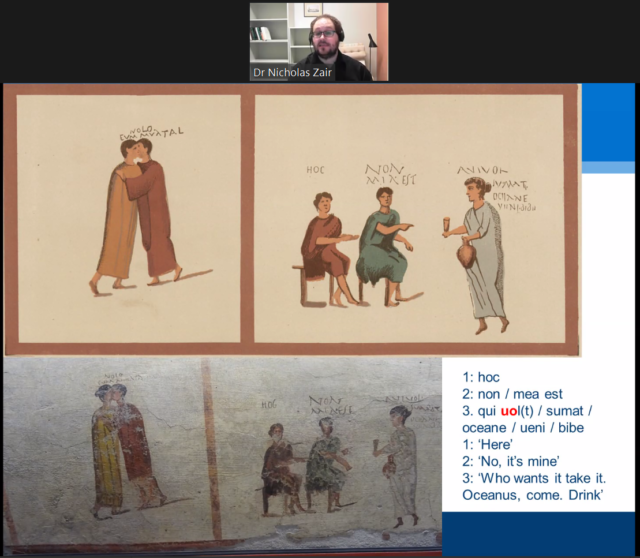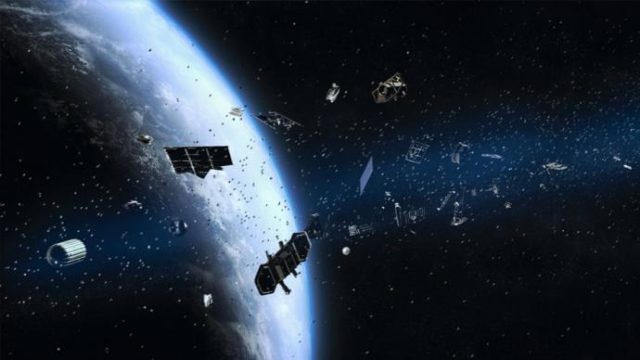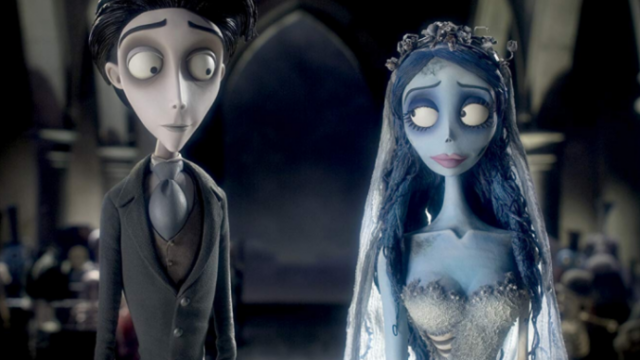iPaulina

Continuing Legacies: Modern Additions To Classic Books
Are sequels, prequels and additions to much-loved classics able to live up to the standards of the books they are following?The feeling of reaching the end of a good book (or a series of them) is a dismaying one, leaving you empty and craving for more. These feelings are worse when you know that the chances of getting a sequel or a companion book is zero because the author has unfortunately passed away.
When problems like these arise, so do ‘heroes’: modern authors who accept the task of extending works written by globally famous writers renowned for their ability in literature. Of course, it may be near impossible to write a book in the direct style of someone else, particularly when you are imitating a novelist of great skill. Many have tried, and so many have failed.
There are the writers who avoid this by not even trying to forge. Instead, they excuse the distinct difference in wording with the simple reason of a time gap. Thus, beloved characters and tales are written using more modern and easy-to-read vocabulary. These can also fail; perhaps the original style of language was needed to deliver a certain calibre of character or description. Of course, these modern books may also have issues that would be present regardless of the aim of the book, issues that have the author to blame entirely, be it plot holes or unrealistic characterisation.
I am yet to find (or be recommended) a sequel/prequel to a much-loved classic or classics that can be categorised as decent compared to its predecessor. Perhaps these books, judged by quality alone, could’ve been quite good – maybe even the favourite of some readers. However, copycats can never best the genuine. A mediocre (or even great!) book cannot be compared to the cherished and unique ones that have been deemed worthy of immortality.
Zixin MIV







